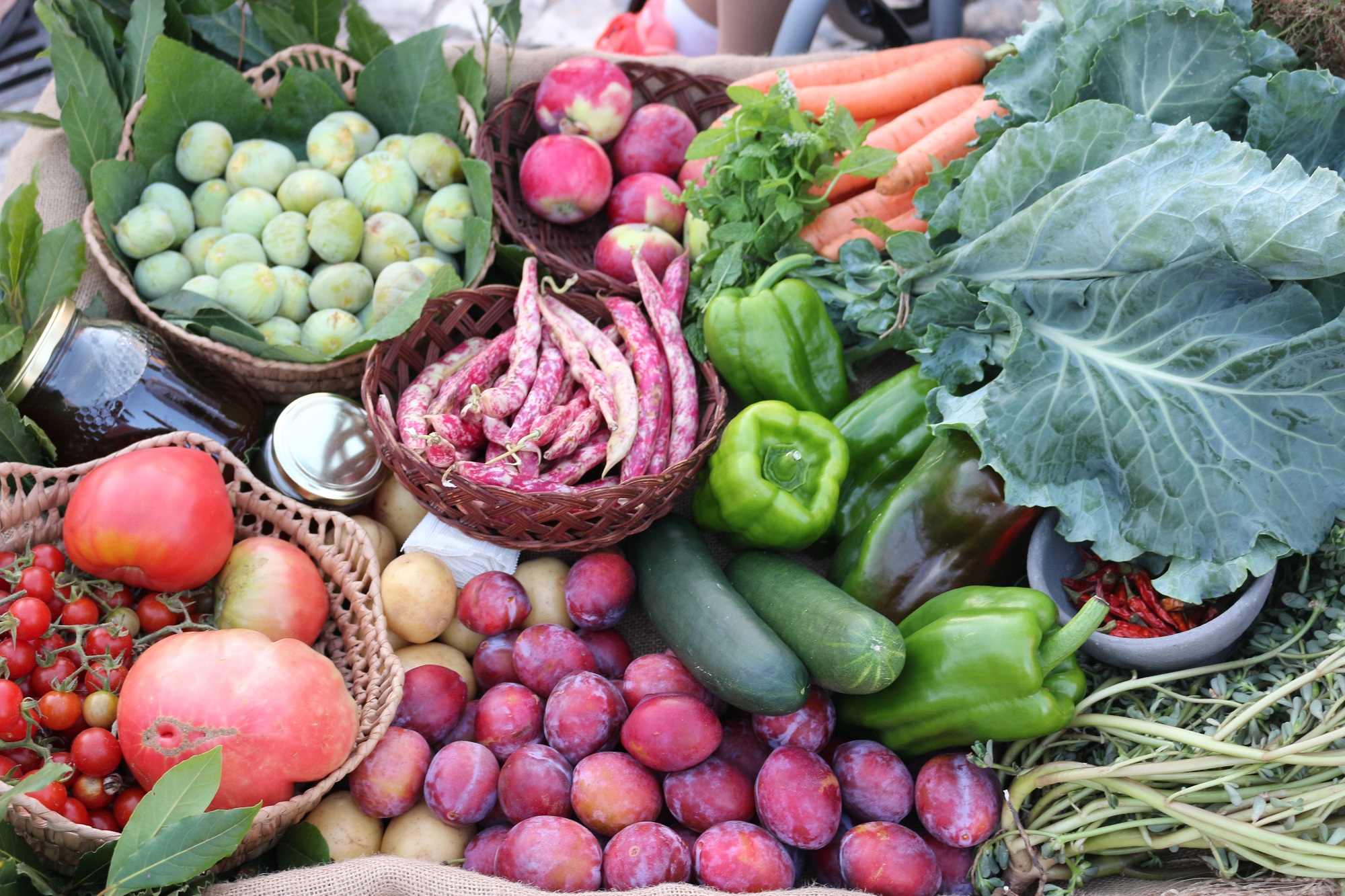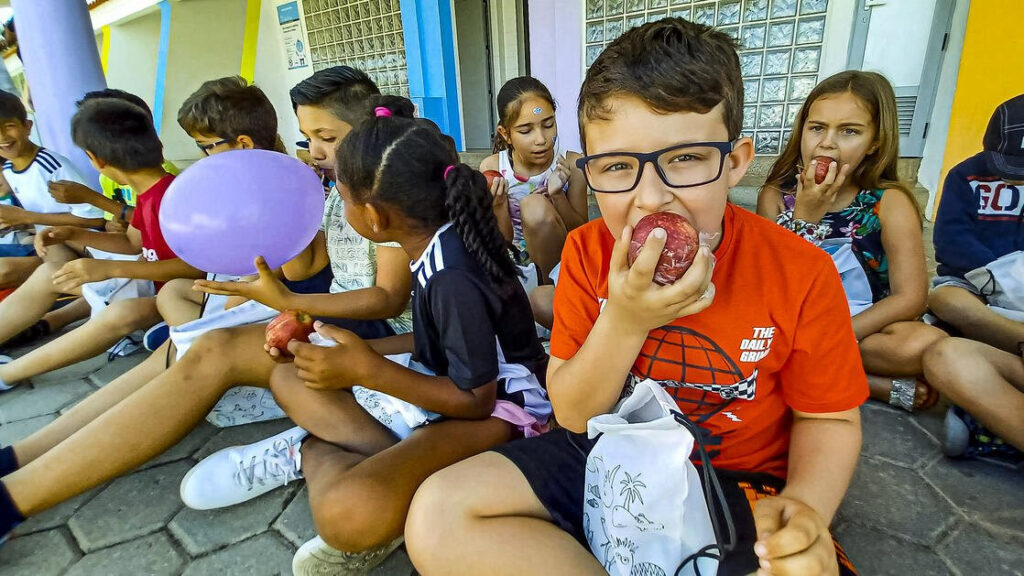Faro was the district with the highest percentage of classes with access to free fruit distributed at school (92,9%), reveals a study by the Portuguese Association Against Childhood Obesity (APCOI).
The study, carried out in partnership with the Instituto de Saúde Ambiental (ISAMB), focuses on eating habits in school lunches for children in Portugal and the results of the implementation of the initiative to combat malnutrition. Fruit Heroes last school year.
Overall data indicate that 4% of classes in Portugal do not have access to free fruit at school.
Faro it is, however, the district in the country where the percentage of access is higher, followed by Braga (83,0%), Santarém (78,1%), Évora (70,8%), Viseu (68,0%) , Leiria (66,2%), Porto (61,5%), Beja (60%), Aveiro (59,4%), Coimbra (52,0%), Setúbal (50,7%), Castelo Branco and Vila Real both with 50%, Madeira (47,8%), Lisbon (47,7%), Guarda (44,4%), Azores (41,7%), Portalegre (35,7%), Bragança (20,0 .9,1%) and Viana do Castelo (XNUMX%).
Regarding students who did not consume fruit and vegetables daily, before participating in the school challenge Fruit Heroes, the study shows even more worrying conclusions, with Beja appearing in the first three places on the list and Faro in seventh.
Vila Real (39,0%), Évora (38,2%) and Beja (34,1%) were thus the regions with the highest percentage of children not consuming fruit or vegetables every day at school.
In fourth place is Viseu (32,5%), followed by Bragança (29,3%), Guarda (27%), Faro (25,1%), Azores (24,5%), Portalegre and Coimbra (both with 23,5%), Braga (21,6%), Leiria (21,0%), Setúbal (19,2%) , Porto (19,1%), Castelo Branco (19%), Lisbon (18,9%), Aveiro (13,6%), Madeira (10,6%), Santarém (9,1%) and finally Viana do Castelo (8,8%).

In the report to which the Sul Informação had access, the ISAMB/FMUL team of researchers also mentions that the effects of the implementation of the Heróis da Fruta school challenge in the 2021/2022 school year, on changes in students' eating habits, were analyzed, and it was concluded that, "globally, after participating in this project, the percentage of students who did not consume fruit or vegetables daily at school decreased from 19,6% to 6,9%».
There was also a reduction in the daily consumption of unhealthy school snacks in all districts and regions, except for Madeira and the district of Portalegre.
The Azores region recorded the greatest decrease in the intake of unhealthy school snacks, with a percentage of 88,1%, followed by the district of Coimbra (67,5%), Braga (67,1%), Évora (62,7%), Setúbal (60,4%), Leiria (57,9%), Vila Real (55,3%), Porto (54,7%), Santarém (51,4%), Aveiro (48,9%), Lisbon (47,3%), Viseu (44,7%), Faro (42,1%), Beja (40,5%), Castelo Branco (39,7%), Guarda (38%), Bragança (30,4%) and finally the district of Viana do Castelo (26,4% ).
In the opinion of Mário Silva, president of APCOI, «these results prove once again the positive effects of the Heróis da Fruta method in the fight against malnutrition by increasing the school consumption of fruits and vegetables and reducing the intake of less healthy foods in the snacks of the children who participate in this initiative, important behaviors for the prevention of childhood obesity and other chronic diseases such as diabetes'.
Mário Silva also mentions that «since 2011, more than 580 thousand students from all districts and regions of Portugal have participated in the Heróis da Fruta school challenge, but the goal is to reach all schools and children in Portugal».
Thus, registration for the 2022/2023 school year is now open for all preschool and 1st cycle classes in public or private establishments and can be made free of charge at Fruit Heroes website until December 31th.



















Comments